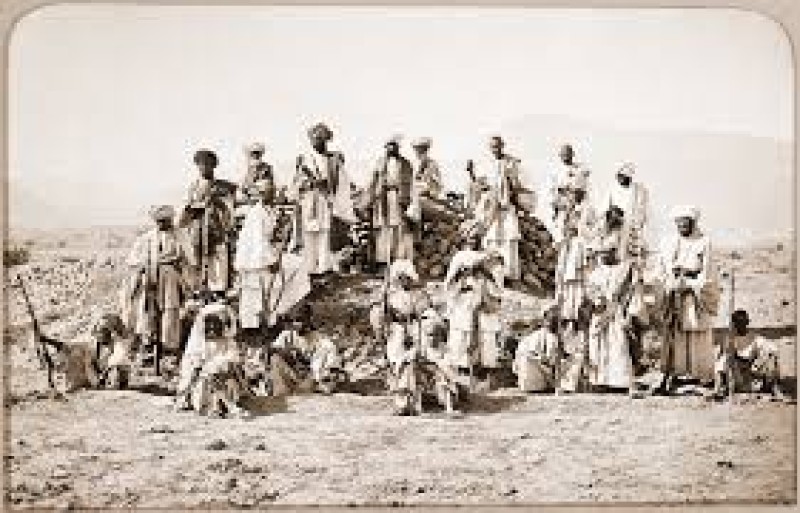The Afridi Tribe: A Pillar of Pashtun Heritage

The Afridi tribe, one of the most prominent Pashtun tribes, has a rich history and significant influence in the regions of Peshawar, Khyber Pakhtunkhwa, and beyond. Known for their bravery, cultural heritage, and strong sense of community, the Afridis have played a vital role in the socio-political landscape of the area.
Historical Background
1. Origins and Settlement:
The Afridi tribe is part of the larger Pashtun ethnic group, with roots tracing back to the ancient times. Historically, the Afridis have inhabited the mountainous regions of the Khyber Pass, a critical corridor linking Pakistan and Afghanistan. Their strategic location has made them key players in regional politics and trade routes.
2. Tribal Structure:
The Afridi tribe is subdivided into several clans, each with its own leadership and social hierarchy. These clans, including the Adam khel, Malikdin Khel, Kuki Khel, Zakka Khel, and others, maintain their distinct identities while collectively identifying as Afridis. The tribal structure is based on a code of conduct known as Pashtunwali, which emphasizes honor, hospitality, and justice.
Cultural Significance
1. Traditions and Customs:
Afridi culture is rich with traditions and customs that have been passed down through generations. Key elements of Afridi culture include traditional music, dance, and poetry, which are integral parts of social gatherings and celebrations. Hospitality is a cornerstone of Afridi culture, with guests being treated with utmost respect and generosity.
2. The Hujra System:
The Hujra, a communal gathering place, is a vital institution in Afridi society. It serves as a venue for socializing, decision-making, and conflict resolution. Elders and influential members of the tribe gather in the Hujra to discuss matters of importance, preserving the tradition of collective decision-making.
Political and Social Influence
- Role in Regional Politics:
The Afridis have historically been influential in regional politics, particularly in the context of the Khyber Pass. Their strategic location has made them crucial allies or formidable opponents for various empires and governments, from the Mughals to the British and beyond. The Afridis have often been involved in resistance movements, defending their autonomy and way of life.
2. Contemporary Impact:
In modern times, members of the Afridi tribe continue to play significant roles in Pakistan’s political, social, and economic spheres. Prominent figures from the tribe have held important positions in government, military, and business, contributing to the development of the region and the country.
Challenges and Resilience
1. Socio-Economic Issues:
Despite their rich heritage, the Afridi tribe faces numerous challenges, including socio-economic issues and the impact of conflict in the region. Access to education, healthcare, and economic opportunities remains limited in many Afridi-inhabited areas.
2. Adaptation and Modernization:
The Afridi tribe has shown remarkable resilience in adapting to changing circumstances. Efforts are underway to modernize infrastructure, improve living conditions, and integrate traditional practices with contemporary advancements.
Summary:
The Afridi tribe, with its deep-rooted history, cultural richness, and significant influence, remains a vital part of the Pashtun heritage and the broader tapestry of Pakistan. From their historical role in regional politics to their contributions in modern times, the Afridis exemplify the strength and resilience of their people. Through continued adaptation and efforts to address contemporary challenges, the Afridi tribe will undoubtedly continue to play a crucial role in shaping the future of their region and beyond.

